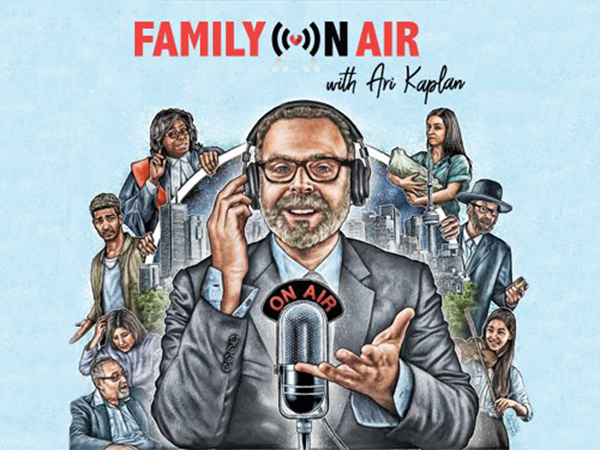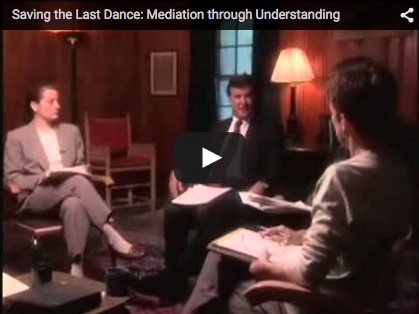How many mediators does it take to re-hang a picture? The answer: We don’t re-hang it, we re-frame it. What’s the lesson here – besides the fact that mediator jokes aren’t as fun as lawyer jokes? Mediators do not solve problems; they provide the parties involved with the means to create their own solutions. When parties are allowed to reach their own resolution, it is far more likely that they will comply with the terms of the agreement. To give this the best possible chance of happening, mediators need to wear a number of hats. Let’s take a look at six of the most important things that mediators do. And, no more jokes, I promise.
1. Create a safe environment. Issues like workplace harassment allegations, human rights violations, violence in the workplace, can be extremely contentious, and it is essential that the mediator create an environment in which each party feels safe. While the physical space should be welcoming and comfortable, the safe “environment” is largely psychological. Does each party feel secure enough to ask questions, state opinions, and disagree respectfully? Does anyone feel threatened? Does anyone use language that is threatening, ridiculing, or derogatory?
Mediators often book completely neutral locations, such as hotel conference rooms, to ensure that one party does not hold a “home court” advantage and that each can speak freely.
2. Model communication. Active listening is an important skill for the mediator to practice and model for participants. For instance, the mediator does not know much about the facts of the case and re-telling him or her the story in front of the other party allows the parties a full opportunity to be understood. The mediator will ask questions for clarification, help summarize complicated ideas, probe for underlying interests (what’s really at stake) and ensure that the evaluation of solutions is temporarily suspended until after all the facts are on the table. mychart ecommunity The Mediator’s job is to make sure that every party is heard and feels heard. “Poor Communication is the Low Hanging Fruit of Conflict Resolution”.
3. Establish the ground rules. It is important to outline acceptable and expected behaviors and set the tone for productive discussions. For example: taking turns speaking, not raising voices or using provocative profanity. Emotions can run high, but the mediator should always bring parties back to the ground rules, re-establishing a safe environment.
4. Talk to each party separately. This helps the mediator pull out important facts that may be difficult to disclose in an open meeting. It can help the mediator get a sense of the issues and will ensure that confidentiality is maintained regarding what is shared although he may discover things that hold the very key to the conflict and will suggest to the parties that disclosure is essential for resolution. It is also be useful when emotions are not under control, no progress is being made, or the situation is overly complex.
5. Helping both sides identify the underlying causes of the conflict. Sometimes anger, frustration, irritation, or sadness can cloud the issues and hinder progress. A mediator can help refocus discussions and keep on the parties on track.
6. Arrive unbiased and remain impartial. Good mediators do not give their opinion unless asked to do so. They are sounding boards for both sides, and help clarify issues and pave the way for solutions. They manage the process but to not control the result.
The strength of a mediator lies in their neutrality and professionalism, helping to protect both parties and maintaining the confidentiality of the mediation process. It’s all about understanding, uncovering interests, re-framing and creative problem solving. By focusing on the communication process a mediator can help parties find their own solutions.





